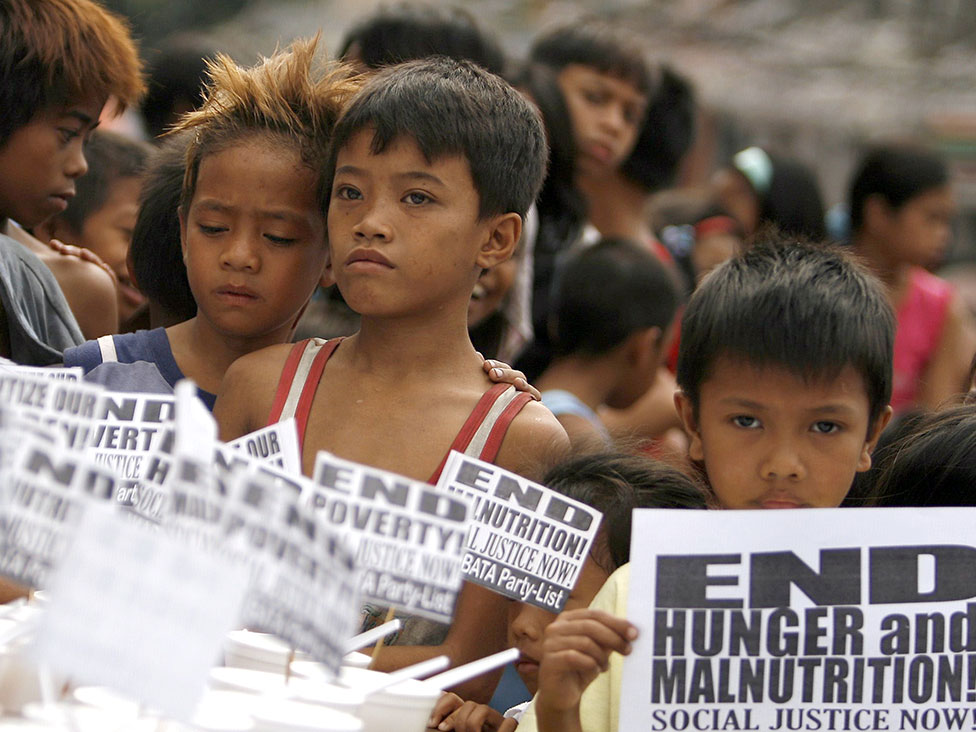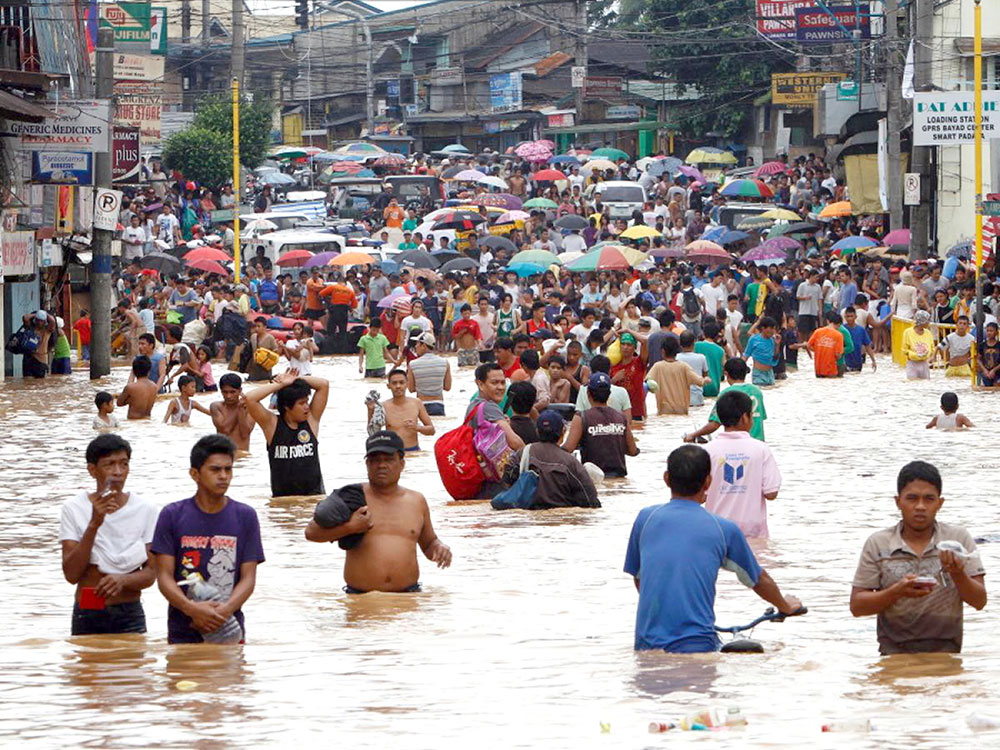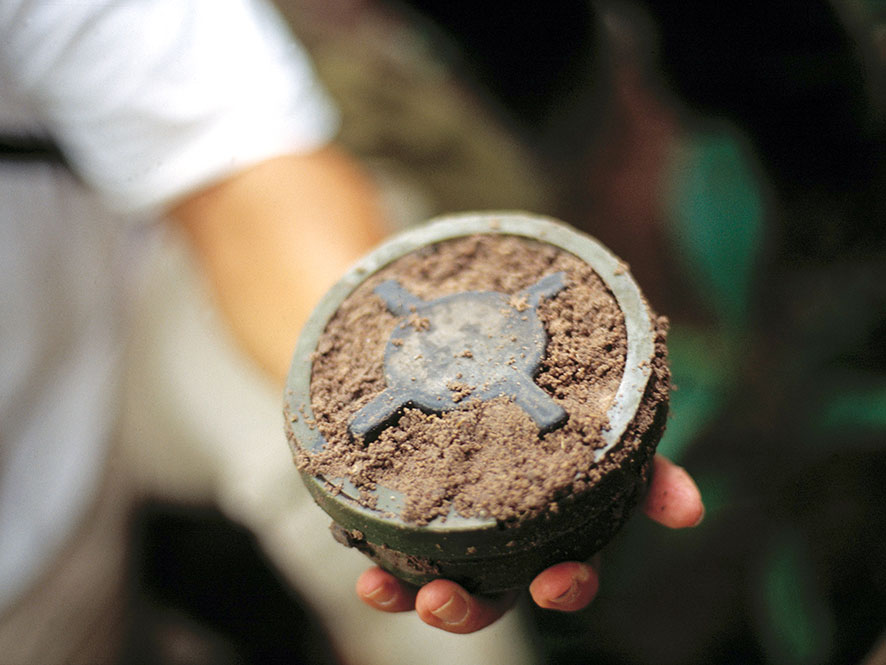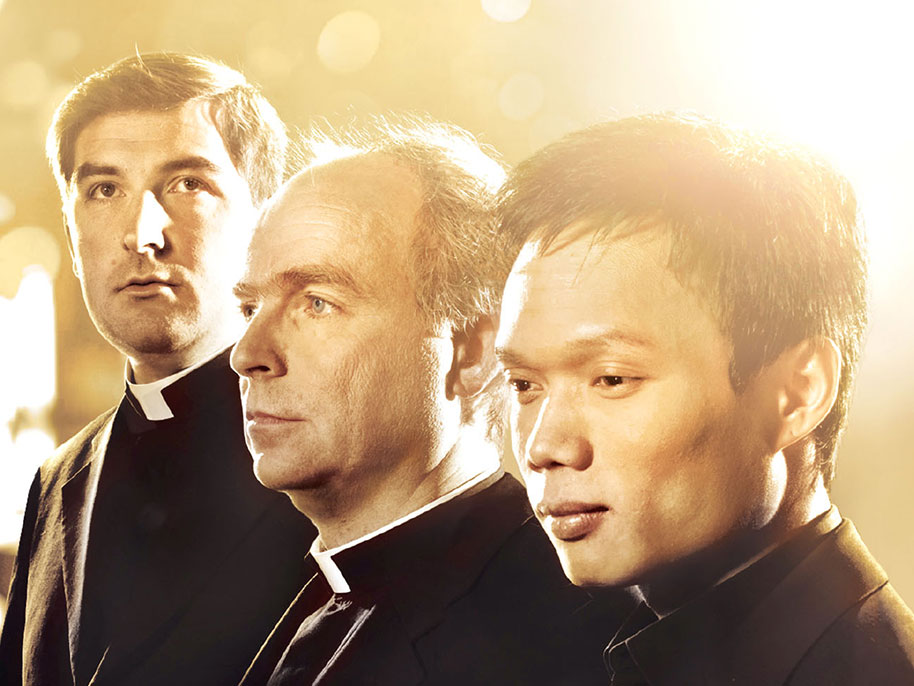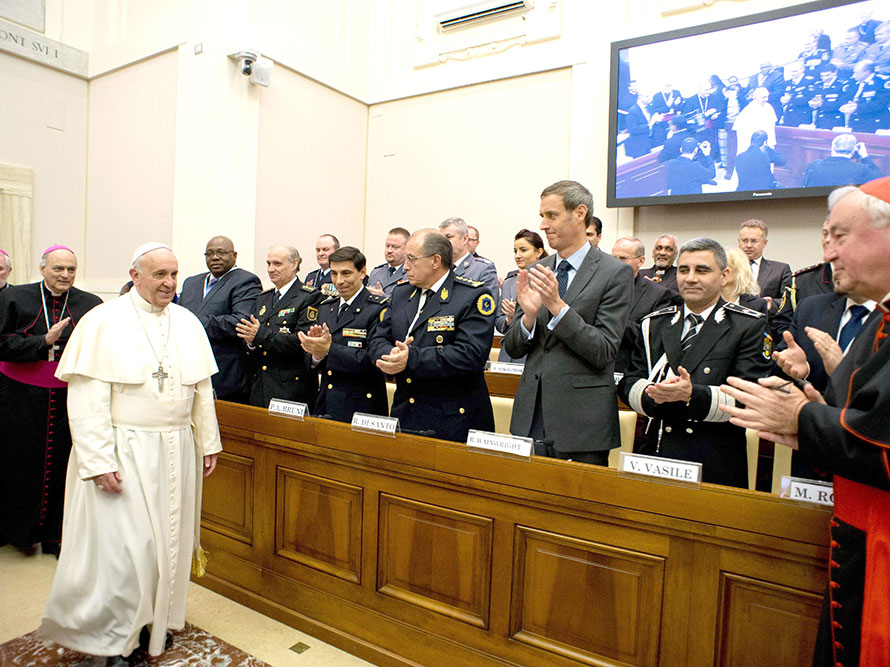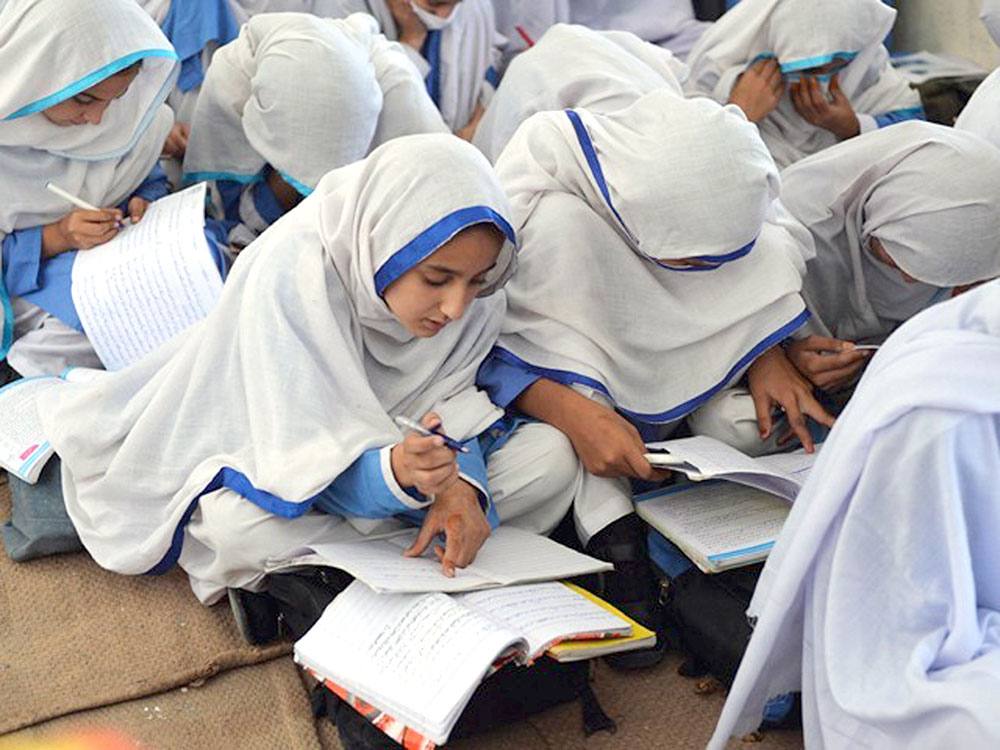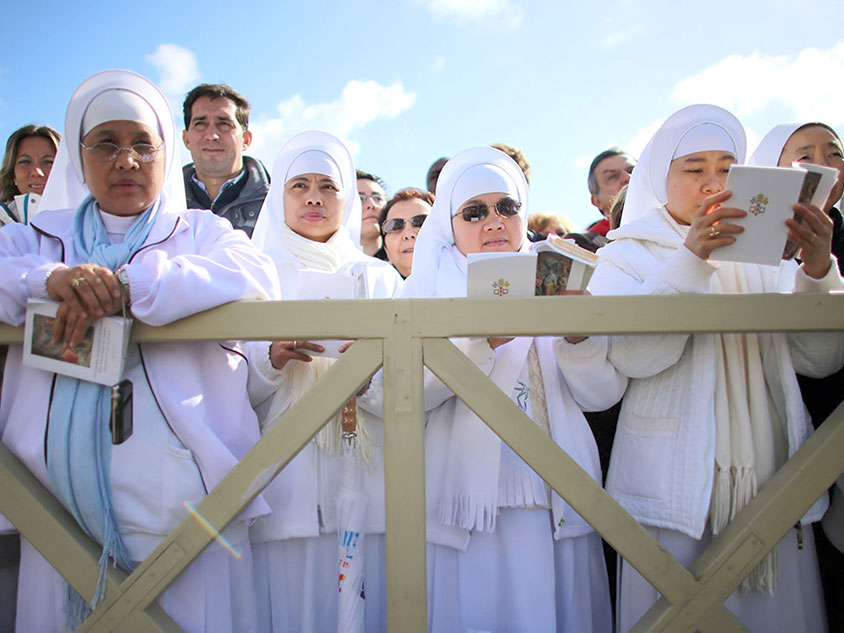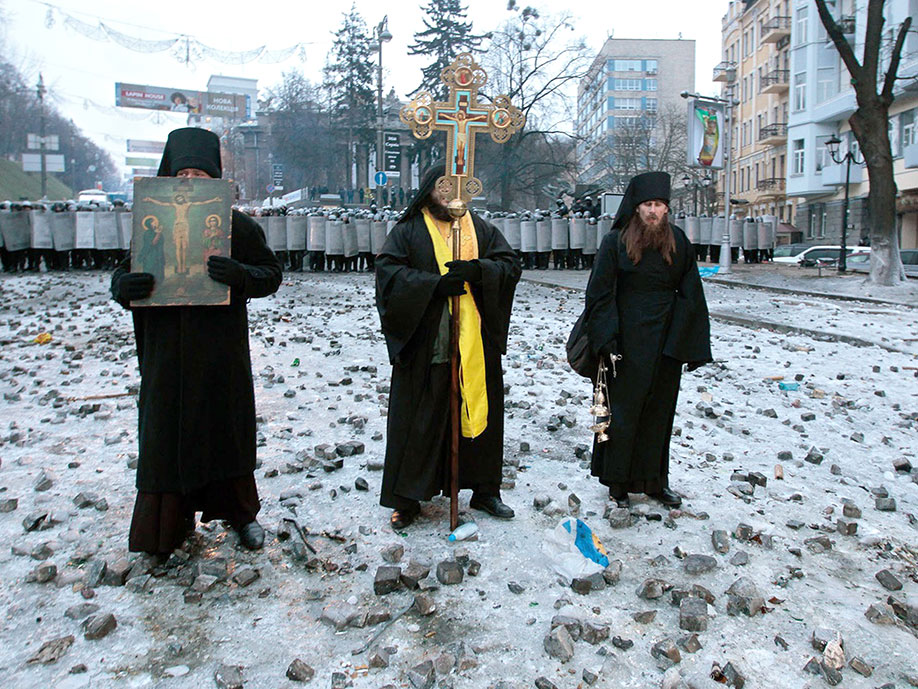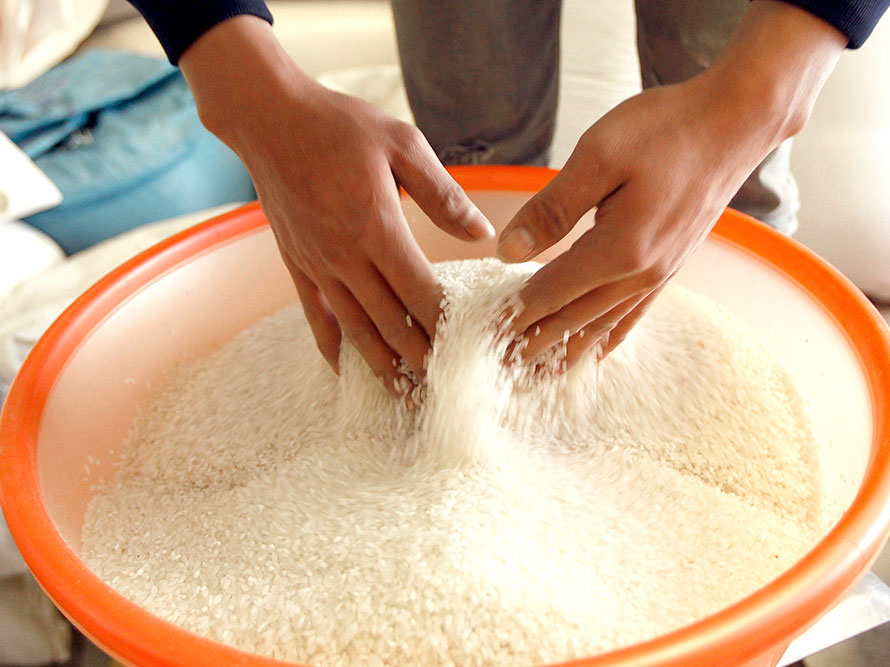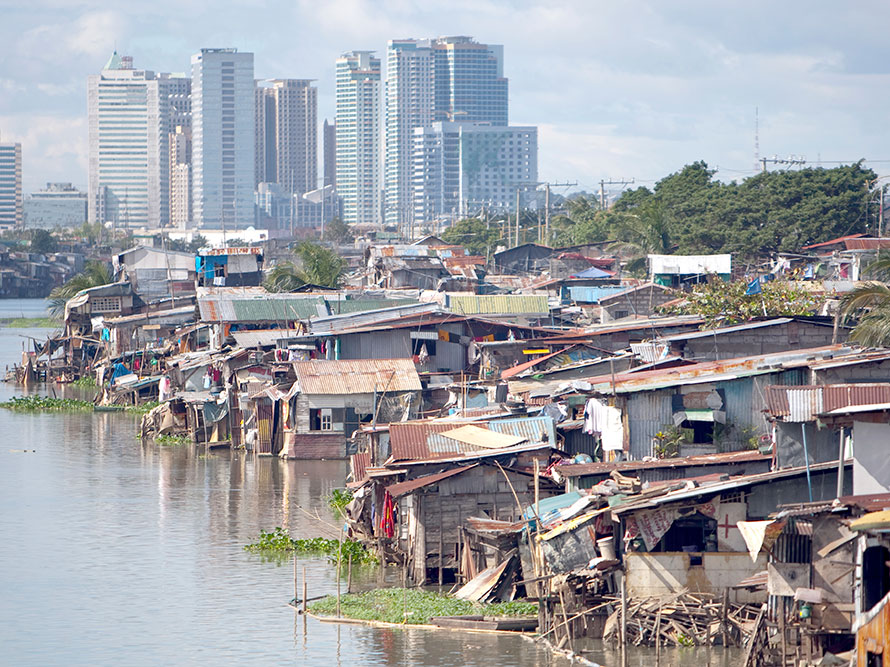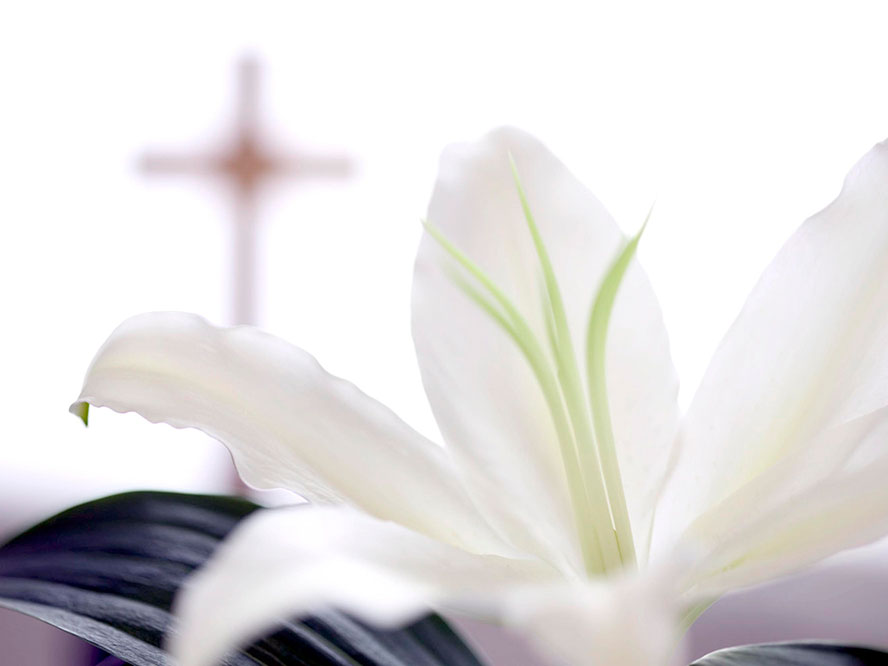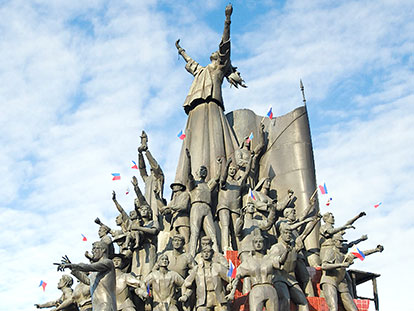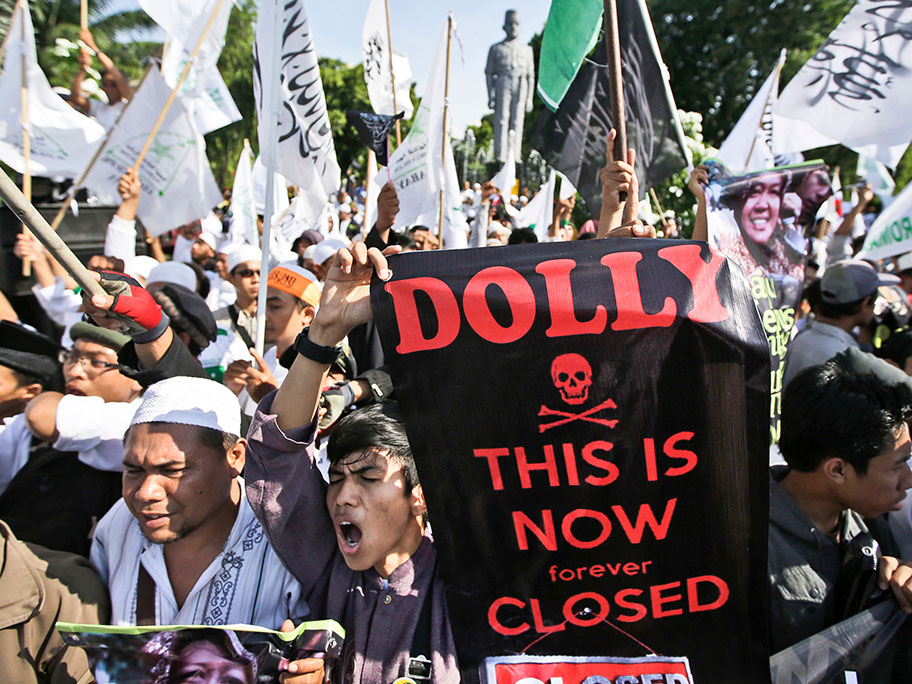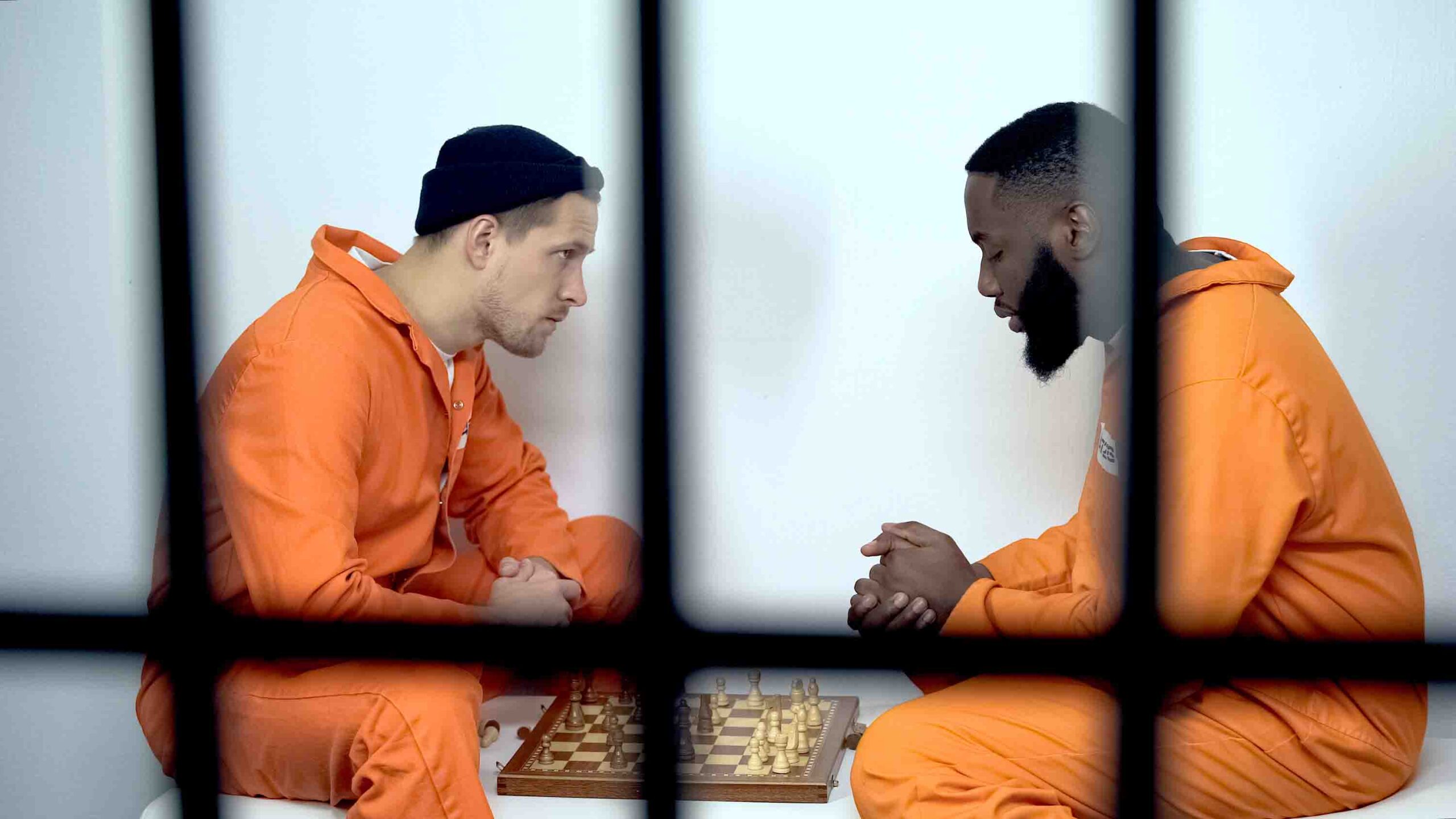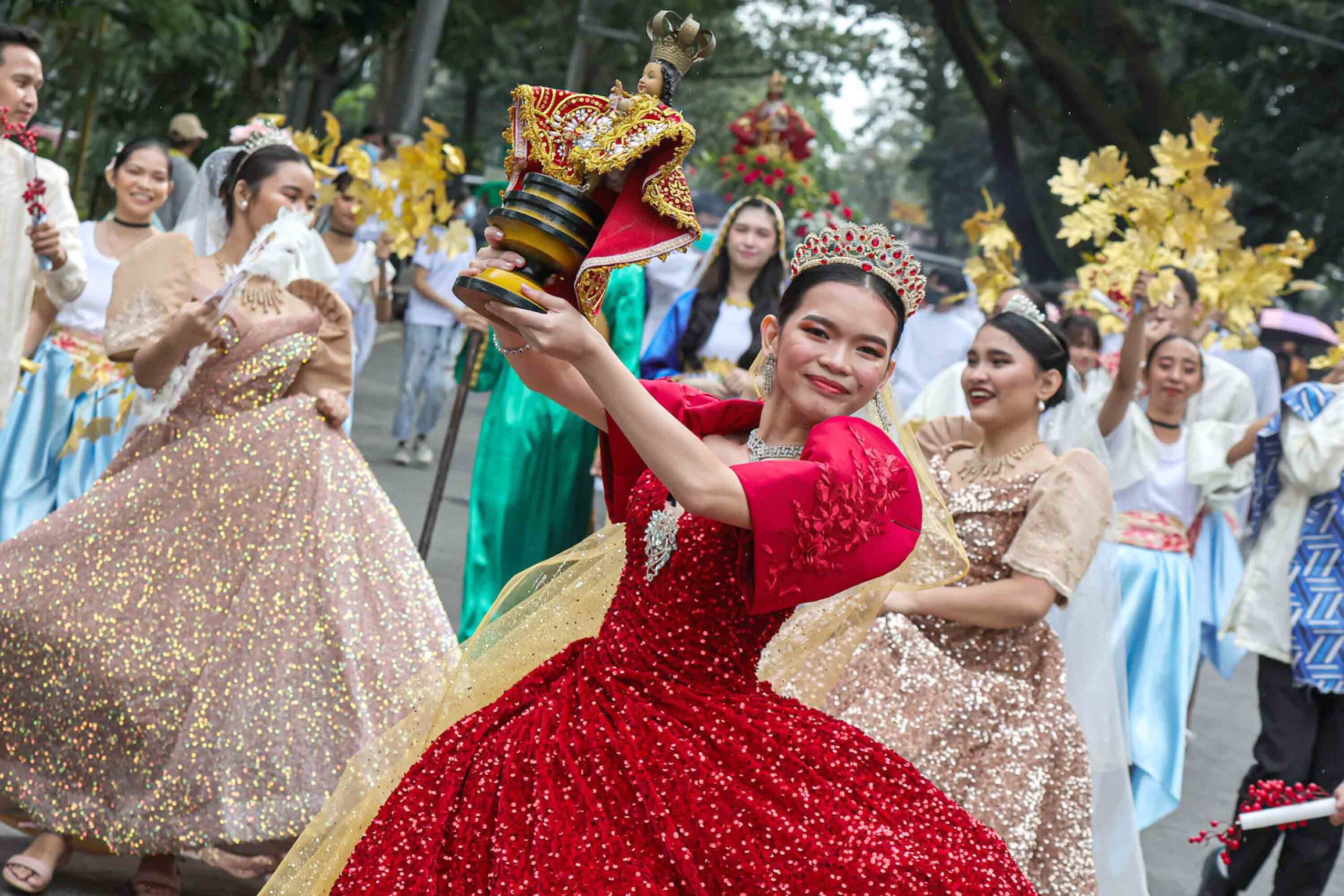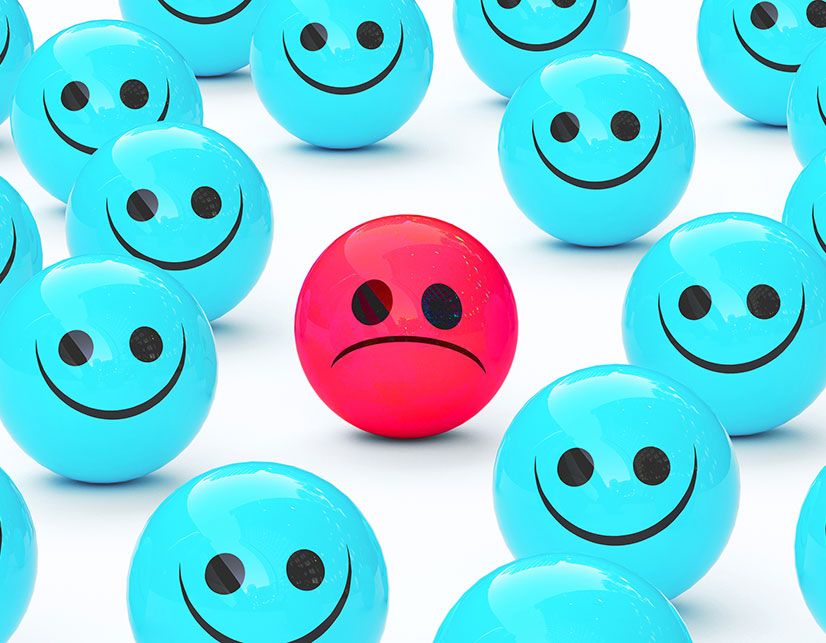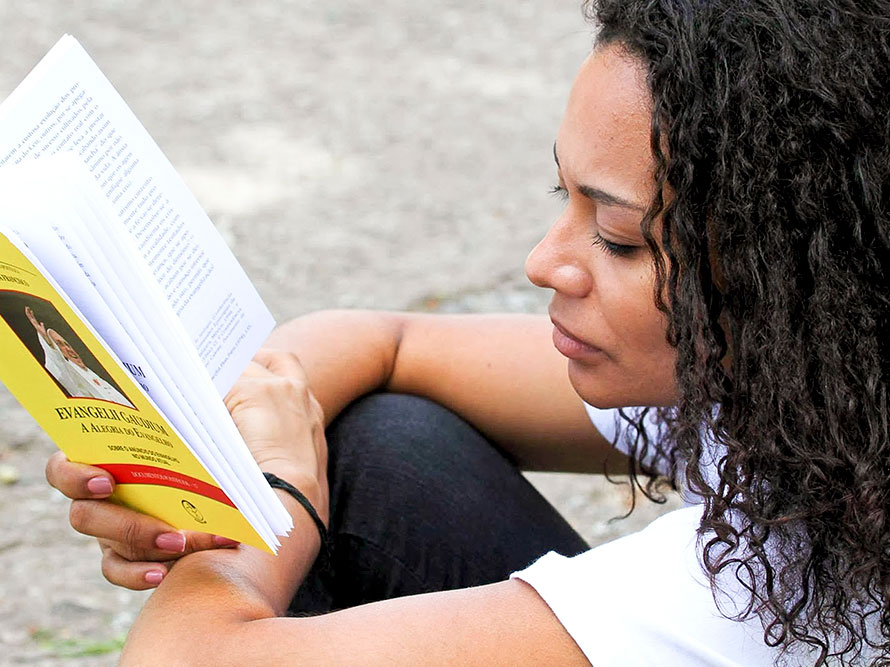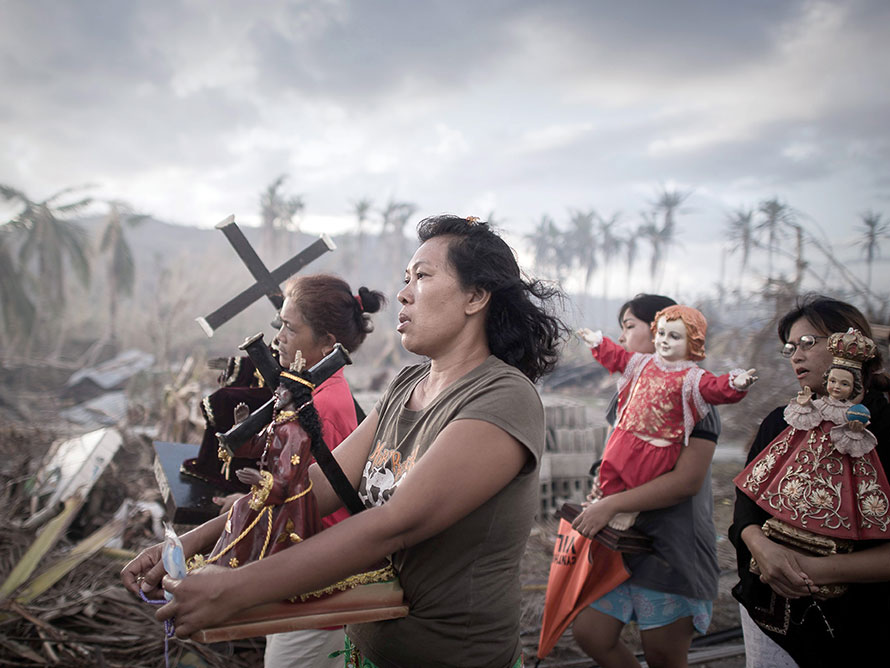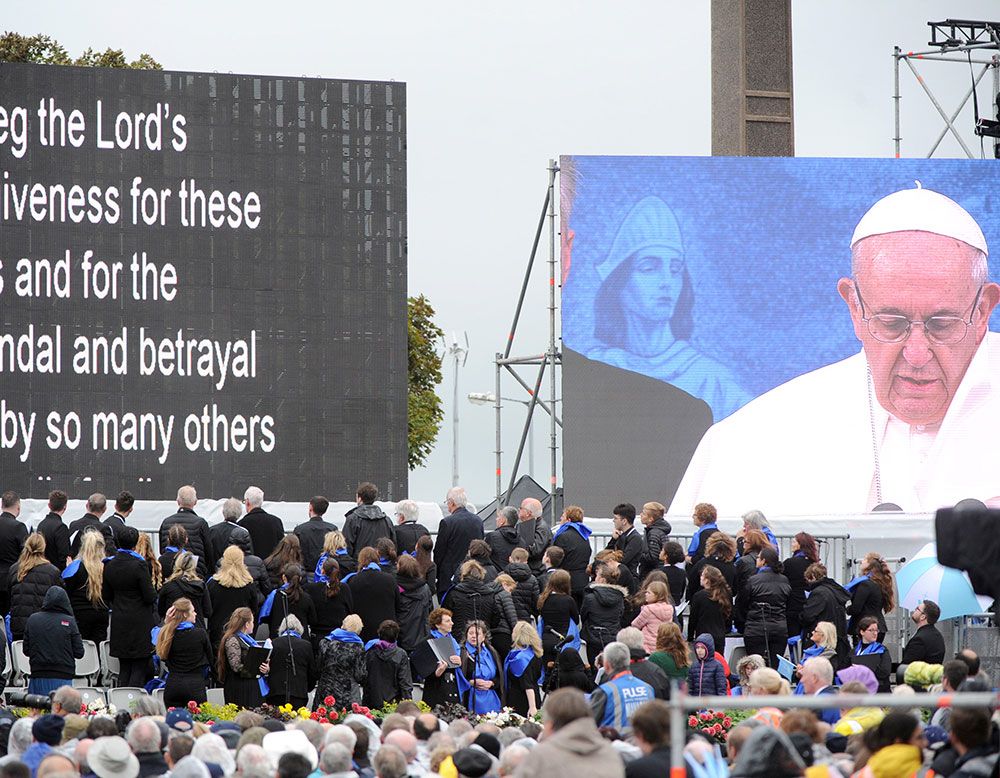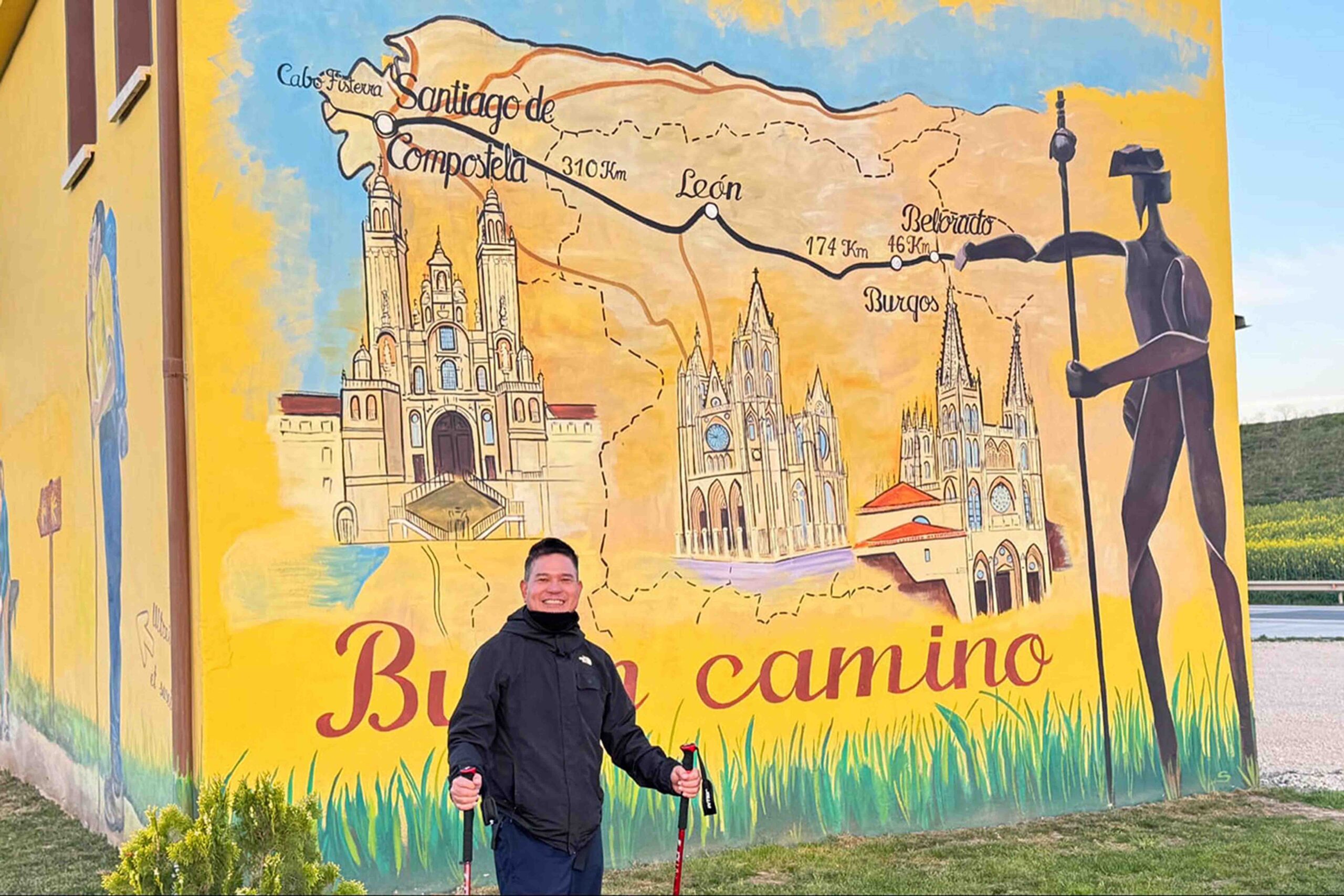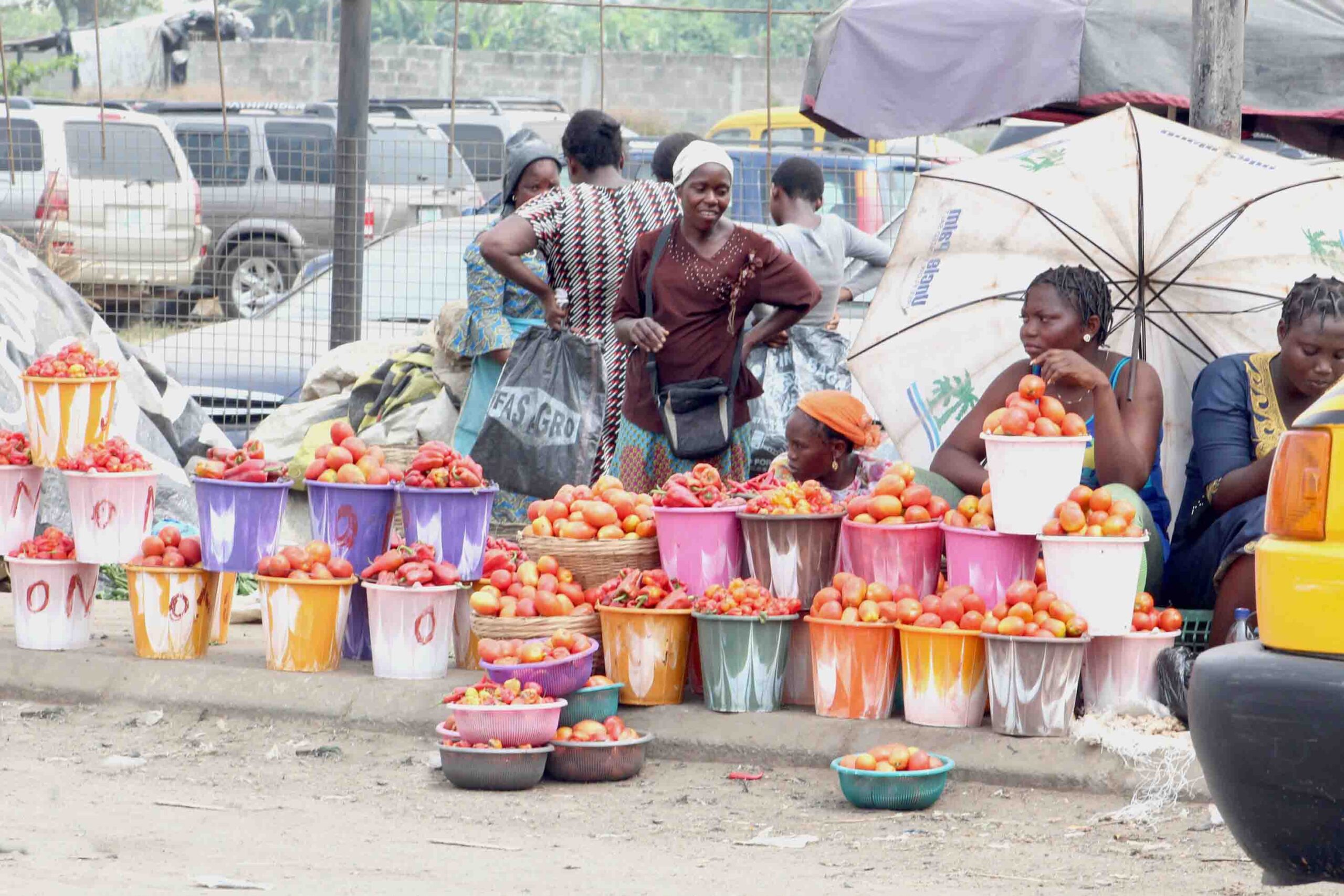Over the years, the expression ‘social justice’ has become very popular. Churches speak of it; so do NGOs. Politicians, not wanting to be left out, also exploit ‘social justice’ to dress up their electoral promises. Even the U.N., which is usually cautious about using terminology popular among religious groups, uses ‘social justice’ in its publications. Yet, what exactly is ‘social justice?’ How can we define it in relation to our society?
DEFINING SOCIAL JUSTICE
It is clear that no society is injustice-free. Every human being experiences injustice, incorrectness, and the abuse of basic rights, in one way or another. It is also true that certain societies afford justice and security to some citizens more than others. Yet, how do you measure social justice? How can one evaluate social conditions in a given group? A good starting point is to look at the Universal Declaration of Human Rights. This Declaration, which was adopted by the U.N. General Assembly after World War II on 10 December 1948, was conceived after member-nations generally agreed that humanity had to do something to prevent such an evil from recurring. During the war, many atrocities took place, including the blatant disregard for human life, as well as differences in race and religion. In addition, world leaders complemented the U.N. Charter with a road map to guarantee the rights of every individual everywhere.
As the final vote on the Declaration approached, Hernán Santa Cruz of Chile, a member of the drafting sub-committee, wrote: “I perceived clearly that I was participating in a truly significant historic event in which a consensus had been reached as to the supreme value of the human person, a value that did not originate in the decision of a worldly power but, rather, in the fact of existing which gave rise to the inalienable right to live free from want and oppression and to fully develop one’s personality. In the Great Hall…there was an atmosphere of genuine solidarity and brotherhood among men and women from all latitudes, the likes of which I have not seen again in any international setting.” The Declaration, written at a time when profound divisions still kept nations apart, is indeed a universal witness to the value of the human being, a value shared beyond cultural, racial, and religious divides.
THE MANY FORMS OF INJUSTICE TODAY
Despite the Declaration, however, absolute respect for human rights is still lacking to this day. One such concern is the lack of freedom. Even as the U.N. representatives wrote that “all human beings are born free and equal in dignity and rights. …everyone has the right to life, liberty and security of person. …no one shall be held in slavery or servitude; slavery and the slave trade shall be prohibited in all their forms,” the reality today is far from being true for all people. While the journey towards global democracy is progressing, one cannot help but realize that freedom is still elusive to many people. In the West, which prides itself with the security afforded to its people, there are many instances of social strife. Much worse off are those people who live in dictatorial regimes, where personal freedom is curtailed. In these countries, many do not enjoy the freedom of speech. Others find themselves incapable of moving within their own country. The millions who live in informal settlements do not enjoy security. Among these injustices, the worst attack to personal freedom is slavery. Slavery seems a thing of the past. However, it is still a sad reality for millions of people.
ECONOMIC SLAVERY
Modern-day slavery takes two different forms. On the one hand, there is the trafficking of people, mainly for sexual exploitation. On the other hand, keeping the masses in a continuous state of need can be seen as another form of slavery. Human trafficking is a major undertaking which involves a great number of people and moves huge capitals. Children, women, and even men, are trafficked to provide cheap labor and to fuel prostitution rings. A more familiar situation, especially among developing nations, is the condition of people who work for long hours for wages that are insufficient to cover their basic needs. When a worker receives a pay barely enough to put food on the table, that worker is a de facto slave.
Most slum dwellers around the world experience this condition, a “catch-22 situation” which they cannot escape because of unfair societal norms or regulations. They work and receive pay. The pay can buy food and basic commodities but nothing more than that. However, they cannot complain; otherwise, they might lose their job. When they get sick, they cannot work and do not have enough to seek medical treatment for themselves or their families. Legally, they are free. But, in reality, they are the slaves of those giving them work.
HEALTH CARE SLAVERY
A provision in the Declaration of Human Rights states that: “Everyone has the right to a standard of living adequate for the health and well-being of himself and of his family, including food, clothing, housing and medical care and necessary social services, and the right to security in the event of unemployment, sickness, disability, widowhood, old age or other lack of livelihood in circumstances beyond his control.” This is an important statement that, again, is far from being the reality. The right to health is still a dream for many.
In Nairobi, Kenya, one of the most developed countries in Sub-Saharan Africa, where I am writing from, there are a lot of hospitals, health centers, and medical facilities specializing in one treatment or another. But when one moves a few kilometers away from the capital, the reality is that people in rural areas do not have the luxury and benefit of such facilities. Besides, social security is not for everyone.
A great majority of people living in poor countries do not have access to health services. Health care is very much a burden for many families, especially the poorest. Thousands of mothers die every day because of lack of maternal care. Thousands of children also suffer from minor ailments simply because there is no nearby dispensary, which can otherwise provide five basic medicines that can save lives.
SLAVERY OF ILLITERACY
Education is another basic right that is being curtailed in many places. While the U.N. envisioned free education, at least in the elementary and fundamental stages, the reality is that thousands of people, especially from rural and slum areas, either cannot pay school fees or do not have a school facility near their home. In this way, poor countries waste the greatest resource they have: young people who, because they lack education and qualification, do not participate meaningfully towards the development of their societies.
ORGANIZED AND INSTITUTIONAL INJUSTICE
There are other human rights violations that can be considered. However, the greatest social injustices are not simply the result of rights that are not being observed. Some of the greatest injustices people suffer from are due to systemic social evils like corruption or the action of mafia style gangs.
Once, I interviewed the then President of Tanzania, Julius Nyerere. I asked him about corruption in Africa. He had a hearty laugh and said: “Wherever there are people, there is corruption.” At the time, I thought it was a nice way out of a possibly self-incriminating question. After all, everyone was then condemning African leaders as plutocrats, corrupt and inept. With time, I came to appreciate those words. It is true. It is in human nature to try and benefit from goods which do not belong to us. It is quite natural to link action to benefit, even undeserved benefit. Everyone likes privilege. Very few people have the moral authority to always act honestly, without looking for personal gain at every occasion. In some cultures, corruption is concealed by puritanism and shrewdly crafted laws, but corruption is there nonetheless.
Corruption is a great evil because, by definition, it goes around the rules for the benefit of only a few. The community always suffers because of corruption. When corruption happens in a grand scale, as it does in the case of public tenders, important government decisions, price control, eventually, the poorest and the weakest suffer. Many development programs have been halted or greatly downsized because of graft. Hospitals and procurement of medical supplies suffer because of corruption, leading to illness and even death of those who cannot be properly cured. The list of examples is endless.
Corruption is one of the greatest evils of our time. There is virtually no major national or international contract without corruption. This means that vital resources that could be used to uplift the poor, promote better health, or pursue education, are swerved away from the public good for the benefit of just a few.
Another reality imposing itself is gang criminality. There are many mafias around the world. These are secret societies, or at least groups that try hard to remain in the shadow, and use all possible means to make huge profits. The cartel controlling drugs in Mexico is powerful, and the ongoing war between gangs causes the death of thousands every year. Al Qaeda of the Islamic Maghreb controls the passage through the desert of thousands of Sub-Saharan Africans who want to reach Europe. Each migrant is charged heftily to cross the dangerous Sahara, and is asked to pay even more to board unsafe boats to cross the Mediterranean. No one can make good business in Hong Kong without attracting the attention of Chinese mafia, which charges a levy on most financial operations.
Aside from the ‘criminal’ mafias, whose operations are known, there are discreet and even ‘legal mafias’ on the prowl. Examples of these are multinational companies that exploit minerals or pharmaceutical industries that make decisions which affect the lives of millions of people. They decide how much will be extracted from a mine or how many medicines can be sold every day. They do not have the common good in mind; what they are interested in is to maximize profit. These “mafias” operate in the soft world of high finance; their members are well-dressed, polite and well-educated people. The social evil they create is no less dangerous and life threatening than that of common criminals.
Clearly, social injustice exists in different levels of society, whether political, economic, institutional, or organizational spheres. Unless governments and human rights activists act, many will continue to live in a culture of abuse and injustice. Sadly, it will take a while before these injustices are eradicated. However, we can help in our own way by stopping the injustices we see around us or helping others understand what the term “social justice” truly means and entails.

